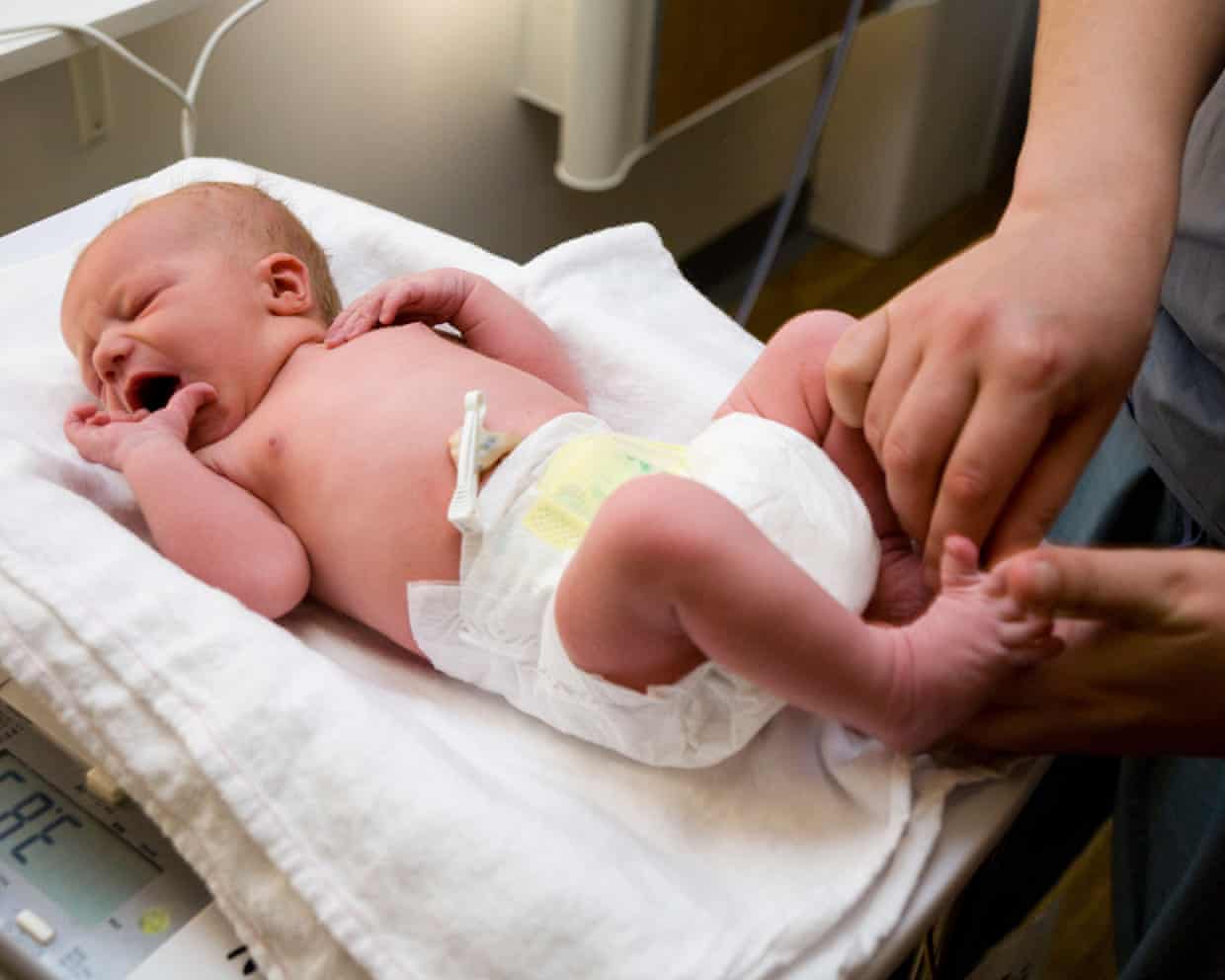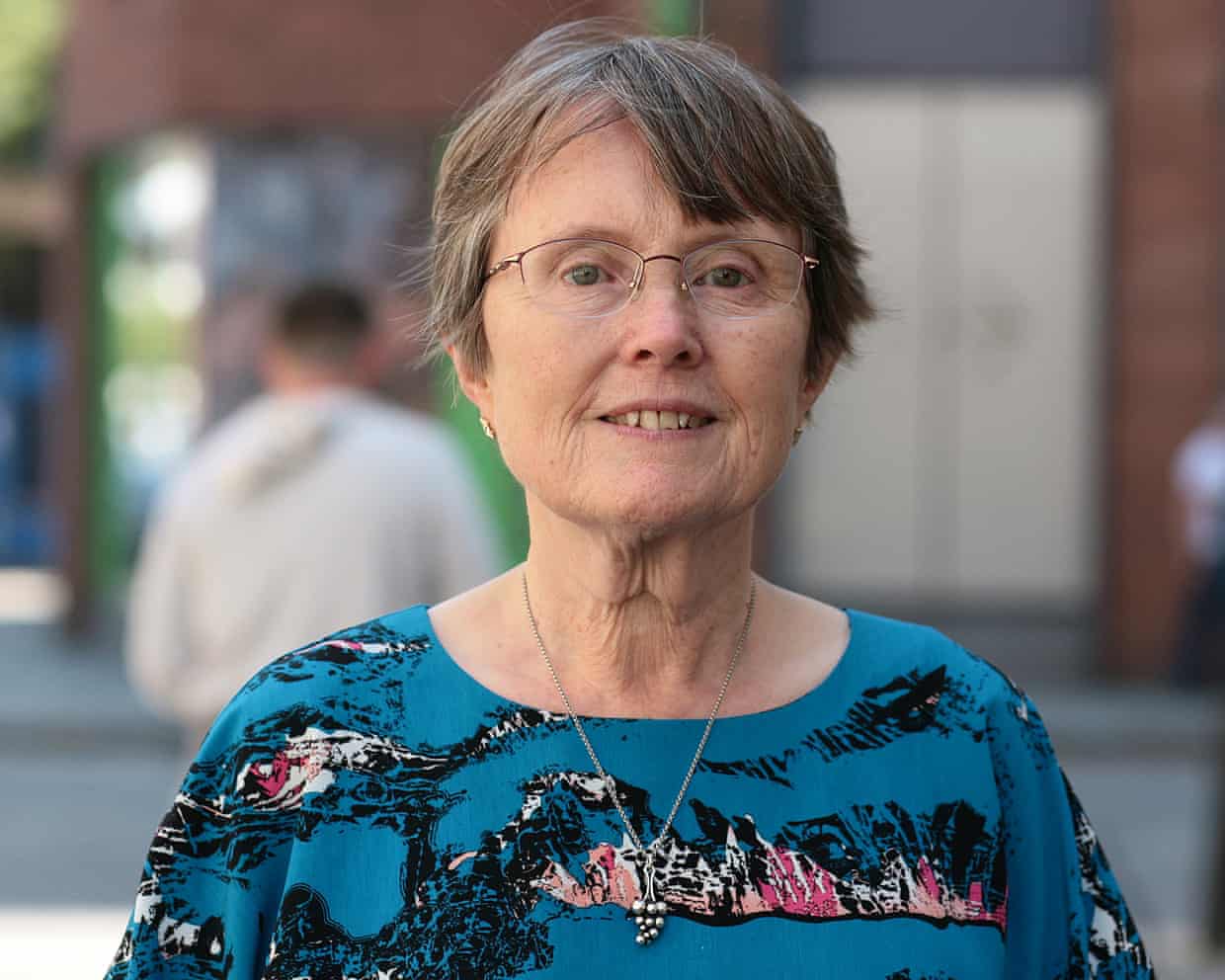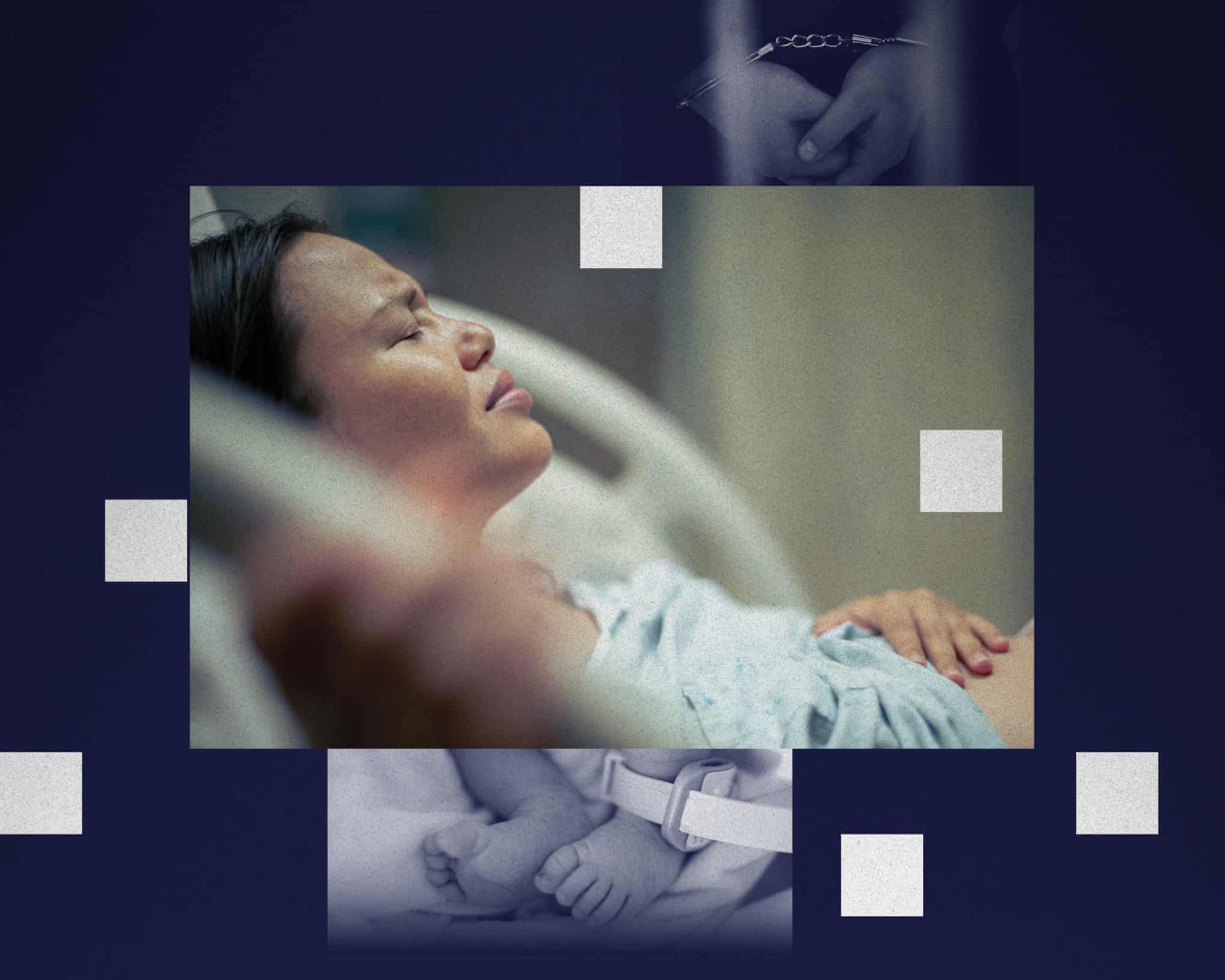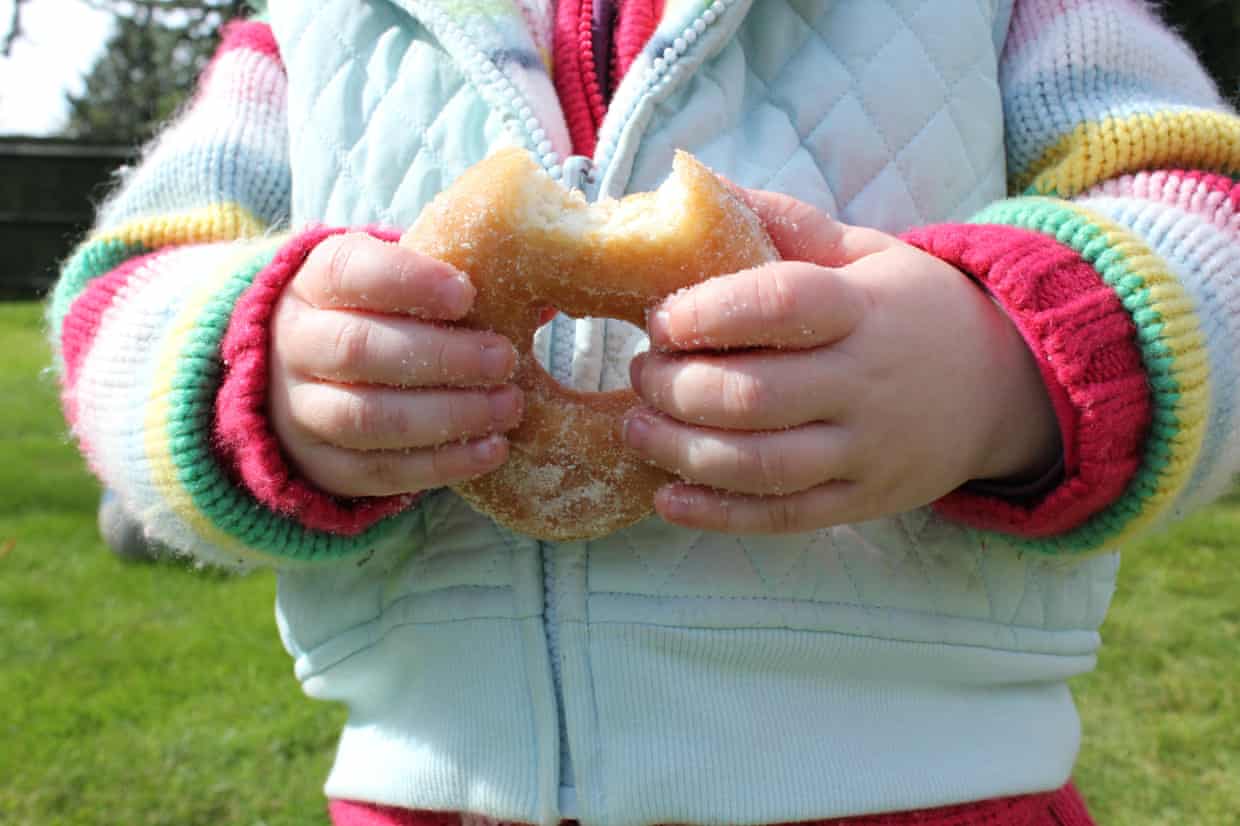NEWS NOT FOUND

‘That person has gone’: Lewis Hamilton ditches despair for feelgood Ferrari reboot
In the dying embers of the 2025 Formula One season there was a period when Lewis Hamilton, one of the greatest drivers of all time, seemed cut from an almost unrecognisable cloth. The confidence, humour and calm assurance in his own abilities had been stripped away, replaced by an almost despairing bewilderment.It was so alien to his usual character that many considered it a wonder that he was managing to drag himself on to see the year out. In the buildup to this weekend’s season-opening Australian Grand Prix in Melbourne, Hamilton was typically forthright in acknowledging it had been something of a psychological break.“I lost sight for a second of who I was,” he said

India hold off brave England and brilliant Bethell to reach T20 World Cup final
England, India and the Wankhede Stadium ground staff conjured a ludicrous, blockbuster semi-final, but for the English in the end it was a bust, a night when records fell, and they eventually went with them.Only three times in their history have they scored more than the 246 they got on Thursday, but still it was not enough. Never before have so many runs been scored in a T20 World Cup match, nor as many sixes (34), nor more sixes in an innings than India’s 19. Neither England nor India had ever conceded as many runs in any T20 anywhere as they did here. It was dizzying stuff, ending in appropriate style with Jofra Archer scoring sixes off the last three legal deliveries to trim the winning margin to just seven runs

Seven countries to boycott Paralympics ceremony over flag-flying Russians
Seven countries and the British government will boycott the opening ceremony of the Winter Paralympics in protest at the inclusion of Russian and Belarusian athletes.The International Paralympic Committee (IPC) said the Czech Republic, Estonia, Finland, Latvia, Lithuania, Poland and Ukraine would not be sending athletes or officials to the ceremony on Friday night.Other countries – including Great Britain – have said they will not be sending athletic representation due to the imminent start of competition. The IPC estimates fewer than 60% of the competing countries will send a full delegation to the 2,000-year-old Arena di Verona.The UK government confirmed there would be no representatives attending the event and reiterated its opposition to Russian athletes competing under their own flag

Jennifer Shahade: ‘There’s a long and embedded history of abuse in chess’
The former US women’s champion changed her life and her sport when she made allegations against a grandmaster. Now she’s turned her hand to writing and pokerOn 15 February 2023, Jennifer Shahade took a deep breath and wrote “Time’s up” above a long message about allegations of sexual abuse in the cloistered world of professional chess. Shahade knew her words would have an impact but she didn’t expect the social media post to go viral and change her life.A two-time US women’s chess champion, Shahade chose her words carefully as she made serious allegations against Alejandro Ramirez, a then 34-year-old grandmaster from Costa Rica who was based in America and coached the St Louis University chess team: “Currently there are multiple investigations [into] Alejandro Ramirez and sexual misconduct, including a series of alleged incidents involving a minor. I was assaulted by him twice, nine and 10 years ago

From a 19-time world champ to Monster Mike: US athletes to watch at the 2026 Winter Paralympics
The first-time Paralympian only turned 19 at the start of March, but she has been in the news for her skiing prowess since she was a second-grader. She’s also going to Italy on a roll, having reached the podium in two World Cup downhill races in early February. In the 2024-25 season, she had two World Cup podium finishes in giant slalom, and she took bronze in giant slalom and fifth in slalom at the world championships, where the other three events were canceled. Though she was born without her lower right arm, she was still an honorable mention All-State softball player in Colorado.In 2018, Adicoff graduated from Bowdoin, where he competed alongside able-bodied athletes on the cross-country ski team, and won silver at the Paralympics in the same year

Emma Raducanu hopes to rediscover ‘natural’ style that has been ‘coached out of me’
Emma Raducanu says she is determined to wrest back control of her style of play, with the British No 1 eager not to be bound by the diktats of a single coach.“I want to come back to my natural way of playing,” she told BBC Sport. “That takes time to relearn because that’s something that has been coached out of me a little bit.“I have had a lot of people telling me what to do, how to play, and it hasn’t necessarily fit. I don’t necessarily want to have one coach in the role because anyone I bring in is straight away going to be scrutinised – even if it’s a trial

Binge drinking rises sharply among gen Z in their early 20s

Scientists laud potentially life-changing drug for children with resistant form of epilepsy

Maternity services need investment in people and training, not another review | Letters

Head of carer’s allowance inquiry blames DWP ‘resistance’ for failure to fix crisis

The UK scandal of women handcuffed while in labour: ‘I was so shocked when the restraints weren’t removed’

More than 220m children will be obese by 2040 without drastic action, report warns